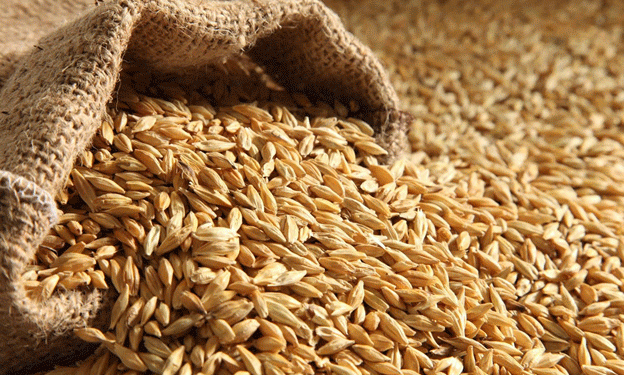The Kursk region in Russia has achieved significant growth in its grain exports, with a 20% increase in the first six months of 2024 compared to the previous year. A total of 407,500 tons of grain products were exported, all meeting stringent quality standards as verified by the Kursk branch of the Federal State Budgetary Institution “Grain Quality Assessment Center.”
Key Export Destinations and Products
The grain products from the Kursk region were exported to 13 countries, including Azerbaijan, Armenia, Latvia, Belgium, Belarus, Germany, Kazakhstan, Moldova, Mongolia, Serbia, Iran, Poland, and Turkey. The top three export products were wheat, barley malt, and corn. Additionally, the region exported peas, buckwheat, rapeseed, mustard seeds, flax seeds, soybeans, sunflower meal, and various types of flakes.
Quality Assurance
All exported grain products underwent rigorous testing at the Kursk branch of the Federal State Budgetary Institution “Grain Quality Assessment Center.” According to the specialists, all batches conformed to the regulatory documents, ensuring high quality and compliance with international standards.
Detailed Export Analysis
Wheat, being the primary export, highlights Kursk’s significant contribution to the global wheat market. The region’s barley malt is also notable, particularly for brewing industries in the importing countries. Corn, with its versatile uses in food and industry, forms the third major export. The inclusion of niche products like mustard seeds, flax seeds, and buckwheat indicates a diverse agricultural base, catering to varied international demands.
Global Market Reach
The broad geographic distribution of Kursk’s exports showcases the region’s extensive reach and the global demand for its agricultural products. Exporting to countries in Europe, the Middle East, and Asia reflects the strategic importance and reliability of Kursk’s agricultural sector.
The 20% increase in grain exports from the Kursk region during the first half of 2024 is a testament to the region’s robust agricultural production and effective quality control measures. As the Kursk region continues to expand its global footprint, it plays a crucial role in meeting the international demand for high-quality grain products. This growth not only benefits the local economy but also strengthens global food security.
Error




